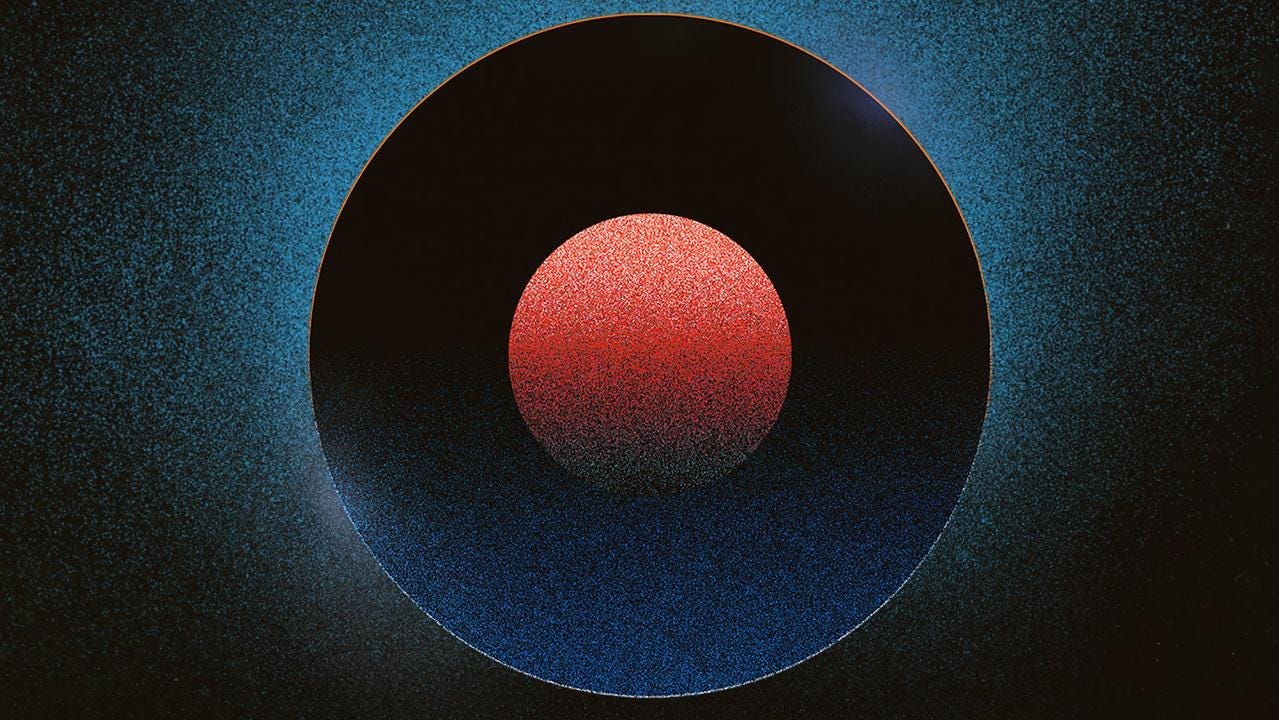Rabbit Holes 🕳️ #45
From reconnecting with nature through culture to designing for circadian rhythms and moving from a focus on productivity to focusing on love
THIS WEEK → 🎵 Reconnecting With Nature Through Culture 🌅 Designed for Circadian Rhythm 🥰 Stop Being Productive, Love Instead
Rabbit Holes 🕳️
Here are three perspective-shifting ideas that I’ve come across lately, plus some fun extras. Enjoy!
#1 🎵 Reconnecting With Nature Through Culture
How should we embrace or even prioritize nature more if we have co…



